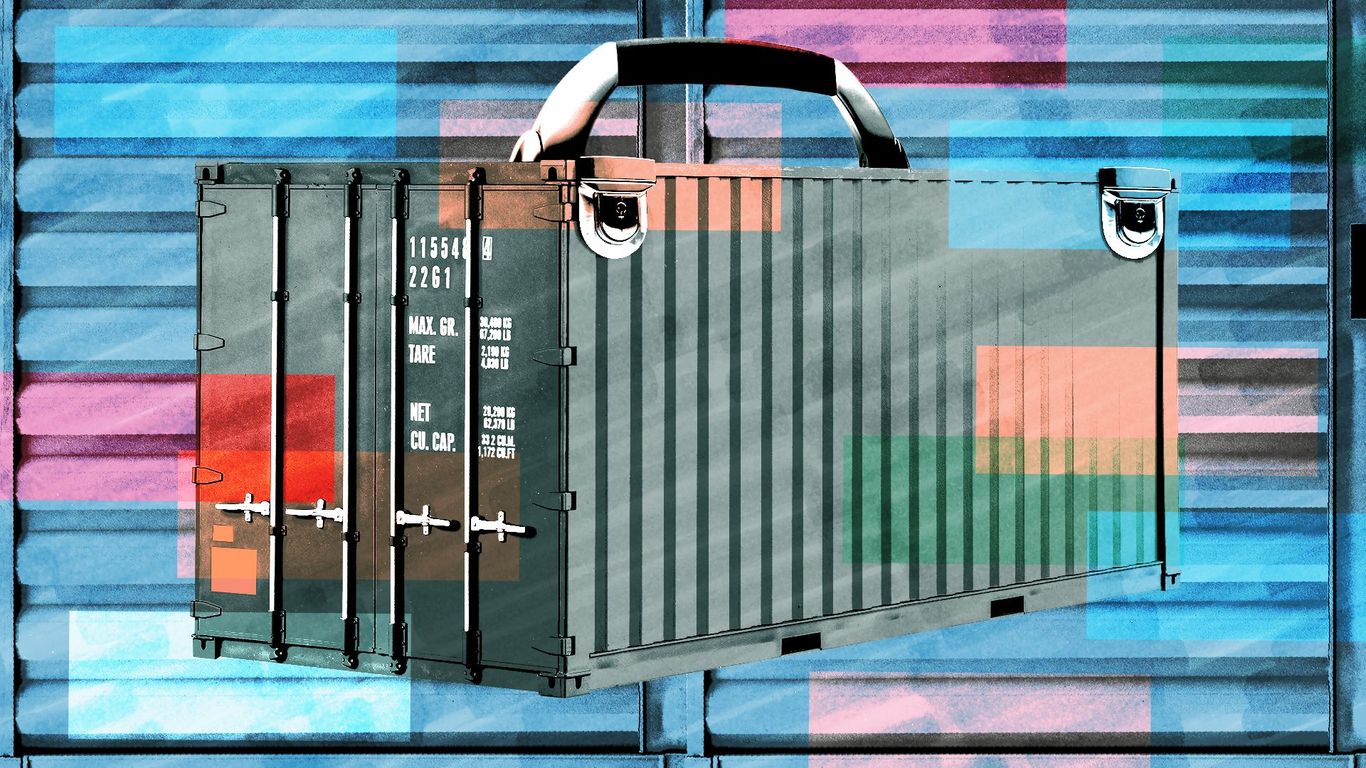
The Unintended Consequences of Trade Wars: A Ripple Effect Through the Economy
The recent imposition of tariffs has sent shockwaves through the business world, impacting companies of all sizes and leaving a trail of economic uncertainty in its wake. While the initial intention might have been to protect domestic industries and jobs, the reality on the ground paints a far more complex and troubling picture. The cascading effects are far-reaching, and the pain is not confined to a single sector.
One of the most immediate consequences is the increase in the cost of goods. When tariffs are levied on imported materials or finished products, businesses face higher input costs. This isn’t simply a matter of absorbing a small price hike; it’s a significant disruption that forces difficult choices. For small businesses with already tight margins, these increased costs can be crippling. They may struggle to absorb the added expense, leading to reduced profits or, in the worst-case scenario, bankruptcy. Larger corporations, while seemingly more resilient, aren’t immune. They too face escalating expenses, potentially impacting their bottom line and shareholder value.
The impact extends beyond direct cost increases. The increased price of imported goods triggers a ripple effect throughout the supply chain. Companies reliant on these imports – whether as raw materials or components – find their production costs skyrocketing. This can lead to a reduction in production, impacting output and potentially leading to layoffs. Employees, already facing rising costs of living due to inflation, now face the very real threat of job losses, creating a domino effect of economic hardship.
Furthermore, the increased prices are ultimately passed on to the consumer. Businesses, struggling to maintain profitability in the face of rising costs, are forced to increase their prices. This contributes to inflation, eroding consumer purchasing power and further dampening economic growth. This creates a vicious cycle where higher prices lead to reduced consumer spending, forcing businesses to further cut costs – often at the expense of jobs and investment.
Beyond the immediate financial challenges, the uncertainty created by trade wars is a significant deterrent to investment and long-term planning. Businesses are hesitant to commit to major investments, expansion projects, or hiring when the economic landscape is volatile and unpredictable. This hesitation stifles innovation, slows economic growth, and creates an environment of caution and risk aversion. The long-term consequences of this uncertainty could be far more damaging than any short-term gains.
The narrative that tariffs protect domestic industries often overlooks the intricate interconnectedness of global supply chains. Many businesses rely on a network of international suppliers to obtain the materials and components necessary for their production. Disrupting this delicate balance through tariffs creates vulnerabilities and weakens overall competitiveness. Instead of fostering growth in domestic industries, tariffs can inadvertently create inefficiencies and ultimately harm the very sectors they aim to protect.
In conclusion, the economic impact of tariffs is far more complex and devastating than initially anticipated. While the intention might be well-meaning, the reality is a tangled web of rising costs, job losses, reduced investment, and a general atmosphere of economic instability. The long-term consequences of these trade wars require careful consideration, as the current cycle of pain is only just beginning. A more nuanced and strategic approach to international trade is crucial to fostering sustainable economic growth and ensuring a stable and prosperous future.



Leave a Reply